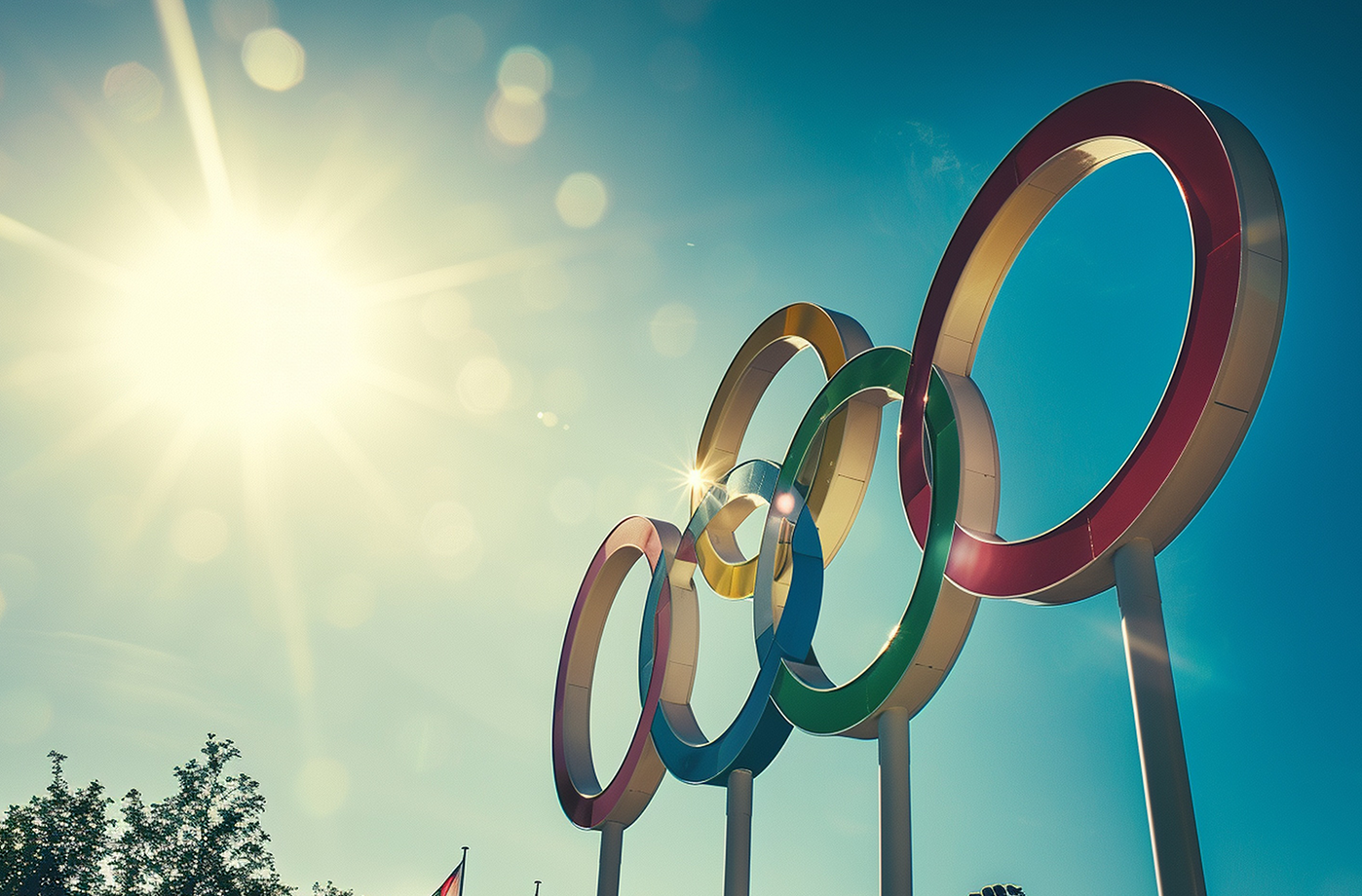Vladimir Pavlović
The Olympic Games represent a significant event that, in addition to sporting competition, involves political and economic aspects, with TV rights playing a crucial role in financing and popularizing sports...


Vladimir Pavlović
Business Analyst
There may be no better time to address the topic of the Olympics than just before the grand opening, this time on July 26 in Paris. Since the inception of the modern Olympic Games in Athens in 1896, this will be the 33rd occasion we witness the competition of the world's best athletes. Unfortunately, it's also another instance where politics overshadow sports (read: Russia). The decision to award the Olympics to Paris was made in 2017, when Rome, Budapest, Hamburg, and Los Angeles were also running. Paris was awarded the 2024 Games, while Los Angeles secured the 2028 Games.
While the Paris Olympics is a calendrical priority, for some international organizations, it is merely a mask for the spectacle planned for the City of Angels four years later. As the Olympic host has the right to introduce five new sports, the Los Angeles organizers will present five new ones from the commercially lucrative category. Some of these sports are familiar, while others might be unknown even to Serbia's most ardent sports fans. The new sports are cricket, squash, lacrosse, baseball/softball, and flag football.
Many might argue that this is the legitimate right of the organizers, which is true. Paris has used its rights to "advertise" surfing, skateboarding, and climbing, which are popular local sports. However, when it comes to Los Angeles, except for baseball, none of the mentioned sports rank among the top 15 most popular sports in America and would likely have their debut if not for TV rights, without which the Olympics might not even extend beyond the boundaries of their birthplace in Athens.
The importance of TV rights in modern sports cannot be overstated. They bring significant revenue to organizers and sports federations and are crucial in popularizing sports worldwide. The first Olympics broadcast on TV screens was in Berlin in 1936, with limited local coverage. Nearly 90 years later, the term "TV rights" is unavoidable today. For example, the American television network NBC, with the most prominent TV contract with the International Olympic Committee worth $7.75 billion, has the right to reschedule the most exclusive events according to its requirements, often against the athletes' wishes.
Cricket is the most popular sport in another country far from America's borders – India. The International Olympic Committee (IOC), which organizes the Olympics, has increased its revenue yearly. According to its official financial report, it generated $7.6 billion from 2017 to 2021, with 61% or $4.6 billion coming from TV rights, the "golden goose" of the modern Olympics. Hence, the inclusion of cricket is not surprising, considering the potential and population of India, as well as other Southeast Asian and Australian countries where it is also trendy. However, the IOC does not see cricket's popularity just in the events that last for the 3 to 4 weeks of the Olympics but in the sport's potential and numbers. Brisbane is set to host the 2032 Olympics, while New Delhi and Mexico City are the top favorites for the 2036 Games. Los Angeles, a city of such popularity and controversy, seems ideal for laying the foundation for a new sports project called cricket, reflecting India's growing economic and political power.
Based on this, the IOC is solely focused on its profit. However, this model is an autonomous system that covers the costs for the host cities and creates enormous revenues from tourism and infrastructure development, both for and after the Olympics. The London 2012 Olympics created 110,000 permanent jobs; the Rio de Janeiro Games led to significant growth of small and medium-sized enterprises with over $70 million in contracts. Paris is expected to generate nearly $13 billion in economic benefits.
Serbia also needs a system where sports are an efficient and financially independent model. Although hosting the Olympics may not be realistic, organizing a major sporting event could significantly improve the overall sports landscape with a focus on developing TV rights, with the hope that sports will continue to be a central theme around which children and people gather.
In the meantime, for the next three weeks, we in Serbia will follow and enjoy all the sports and balls, except for that one sport that the nation lives for and cries over, celebrates, and suffers, hoping for a replay from Indianapolis and settling for a fight from Atlanta.